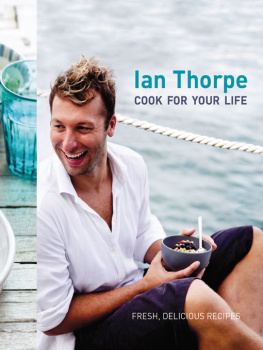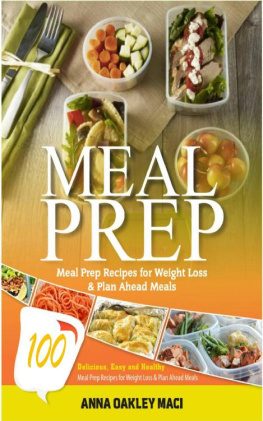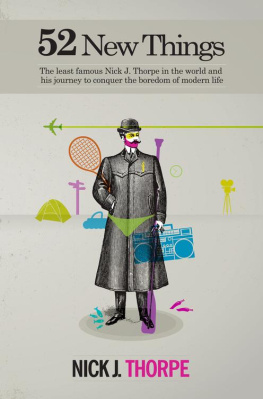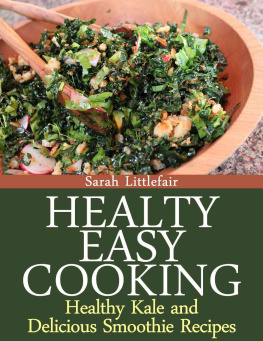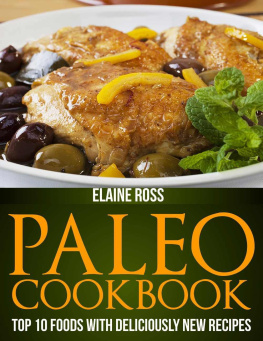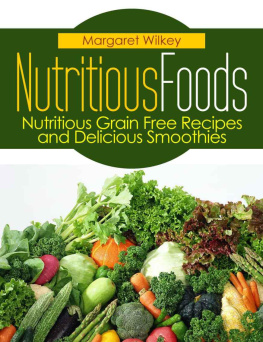
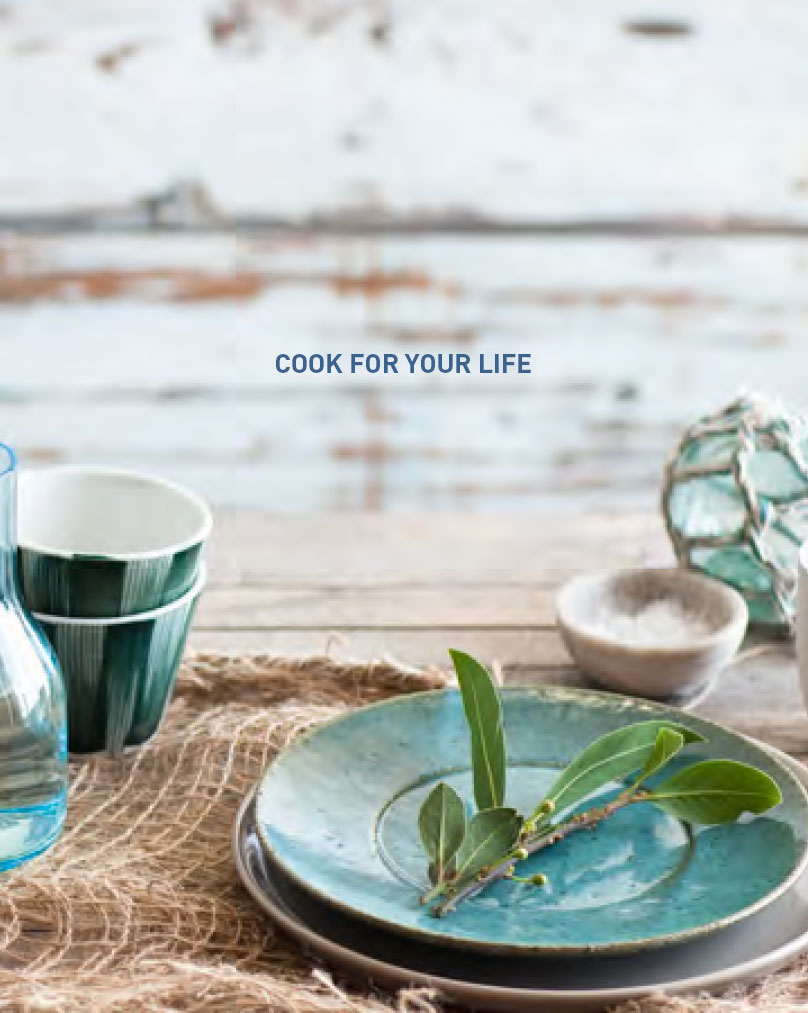
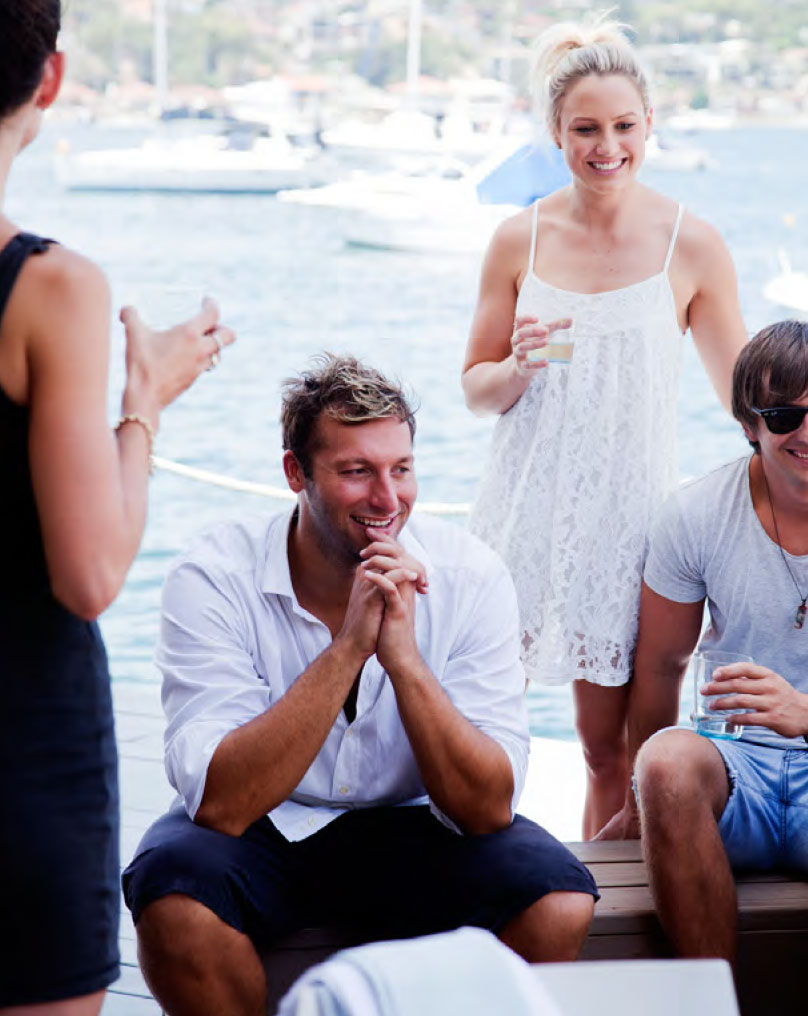

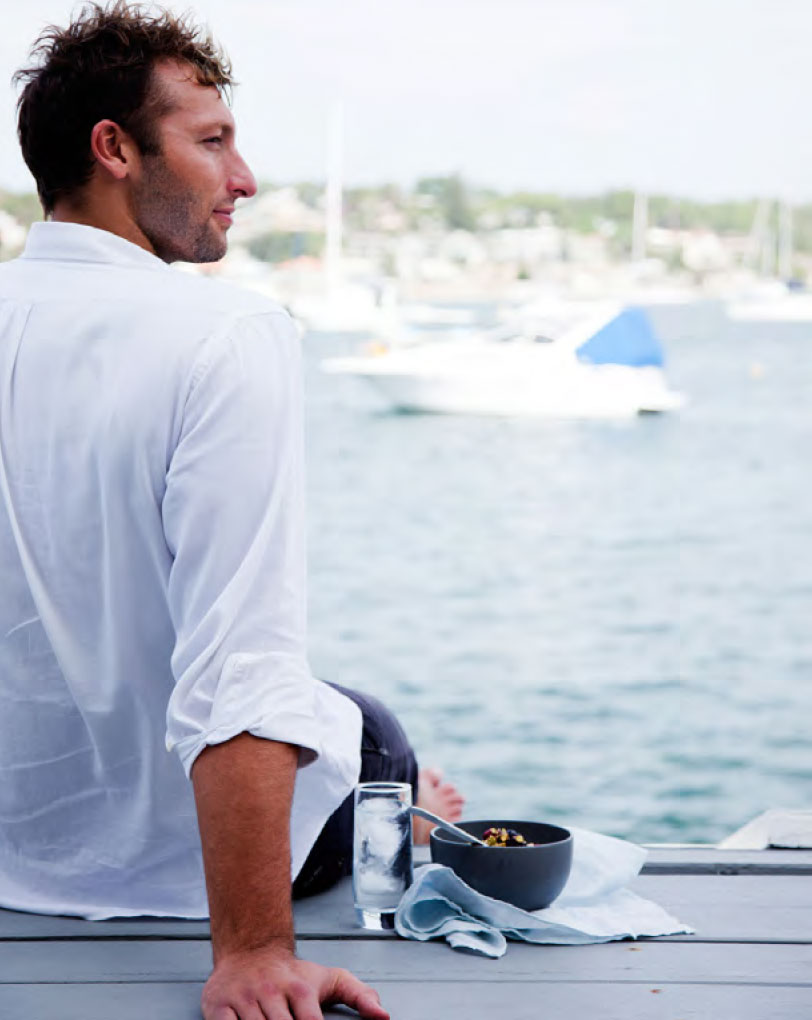
contents
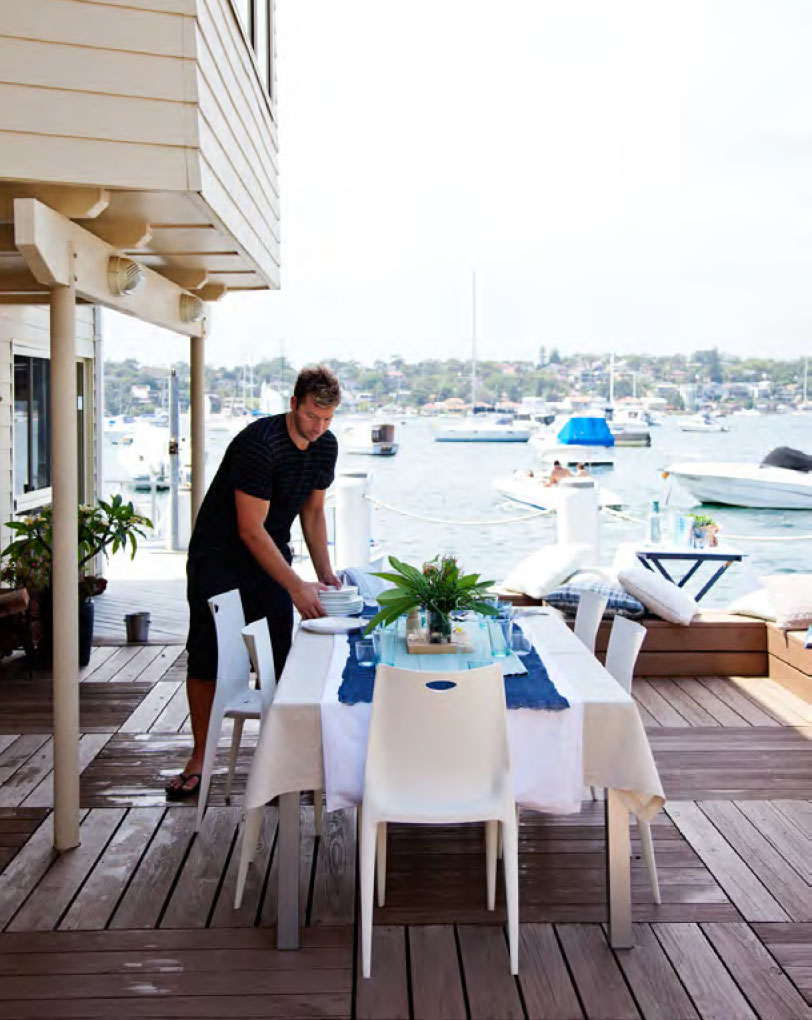
Several times in my life, Ive had to look closely at the way I eat.
As a swimmer, I train for forty hours a week and focus on stocking up with energy I literally eat four times more than what I do when Im not swimming competitively. I am also concerned with arming myself with all the vitamins and minerals my body needs as I prefer to get these through food rather than supplements.
In high-performance sport, the truth is you can pretty much eat anything you want to and plenty of it in terms of calorie intake, as you burn all the calories off. However, eating poorly can make you feel ordinary. A body that feels lethargic is the opposite of what you want when competing, so I eat healthily so my body will perform in peak condition.
To meet my training needs, I need protein in my diet to help my muscles build and repair, and lots of carbohydrates for energy. But there are carbohydrates and carbohydrates, and I am interested in quality carbs to give a slow release of energy rather than a short-lived spike.
Avoiding taking vitamin supplements is a personal choice. Most competitors take them, but I felt uneasy about them once I realised they contained a substance called creatine, which acts in a similar way to a steroid. It is actually a natural substance found in meat, but for me it highlighted the blurry area in sport of what is acceptable to take and what isnt. I began to think, if I cant get it in a meal, then its not appropriate for me to have, and if I was going to have success I wanted it to be in the most natural way possible.
One of the needs of an athlete is to get your muscles to relax, and I discovered that magnesium is important for this. Fish is a good source, so I made sure I ate plenty of it. I also found out that apple-cider vinegar was a natural muscle relaxant, so when I made salad dressings, I used it! It suited me fine, as I like to eat salad once a day.
When I stopped swimming competitively, I suddenly found I had a very different lifestyle. I had to dramatically reduce my meal sizes and steer away from the amount of carbohydrates and protein that once filled my plate. In looking back, what I thought of as a standard meal as a swimmer was incredibly warped. But, I didnt want to start going to the other extreme and starve myself either.
My body went through a lot of chemical changes and I had radical cravings for starch! My body cried out for it, and I must admit I gave it what it wanted. I really let myself fall off the track. After years of competing, I let myself relax for once, but after a few months I realised I felt sluggish and tired and I started to see what my diet and lack of exercise was doing to my body. From that point on I decided that I wasnt going to eat like that any more as my body was obviously not responding well to how I was treating it. I wanted to set myself up for how to eat for the rest of my life and I wanted to get it right which is how these recipes came about. They are a result of looking for a balanced and realistic way to eat well minus any extremes.
The way I eat
I am a strong believer that there is no good or bad food, and I dont wish to follow the extreme ups and downs of dieting. I think its important not to deprive and punish yourself, as its just not a positive way to live. But I do think we have to limit excessive consumption of the foods that we know dont have a good effect on us such as sugar, trans and saturated fats, and empty carbohydrates such as white bread and white rice. Also, I think we have to try not to over-eat in general, and become in tune with what our bodies need versus what we might want. Its just about habits really, and once you are on the right track it can become quite automatic.
I believe that the best way to know what you are eating is to cook your food yourself, avoiding processed foods that are high in salt and unbeneficial fats, and lacking in nutrients compared to fresh, natural food. So, as much as anything, I hope this book just encourages people to get into the kitchen and start experimenting with ingredients and flavours, realising as I have that cooking and eating healthily is great fun.
I focus on including a wide range of vegetables, legumes and grains as well as protein in my diet. While I usually start the day with carbohydrates in the form of porridge in winter, or muesli in summer and I recognise that carbohydrates are absolutely essential for the rest of the day I try to steer away from carbohydrate-based meals of bread, rice or pasta. In the Western world, I think we eat too much of them, and should be getting more nutrition from vegetables, fruit, legumes and whole grains. When I do eat carbohydrates, I prefer carbohydrates that have higher nutritional benefit and slower energy release for example, I go for brown rice in favour of refined white rice.
I try to look for alternatives to the common high-carbohydrate accompaniments such as mashed potatoes, couscous and noodles. Instead I cook parsnip mash or white-bean puree; cauliflower couscous; squid noodles; or zucchini fettuccine. I also try to avoid too much sugar and salt in my diet, and when I have fats I aim for them to be monounsaturated or polyunsaturated.
My approach might sound technical but once you have grasped the few simple ideas behind this style of eating, I believe you can still enjoy what you eat as much as ever, as my food is also about delicious flavours and great combinations, and not scrimping to take any of the enjoyment of eating away.
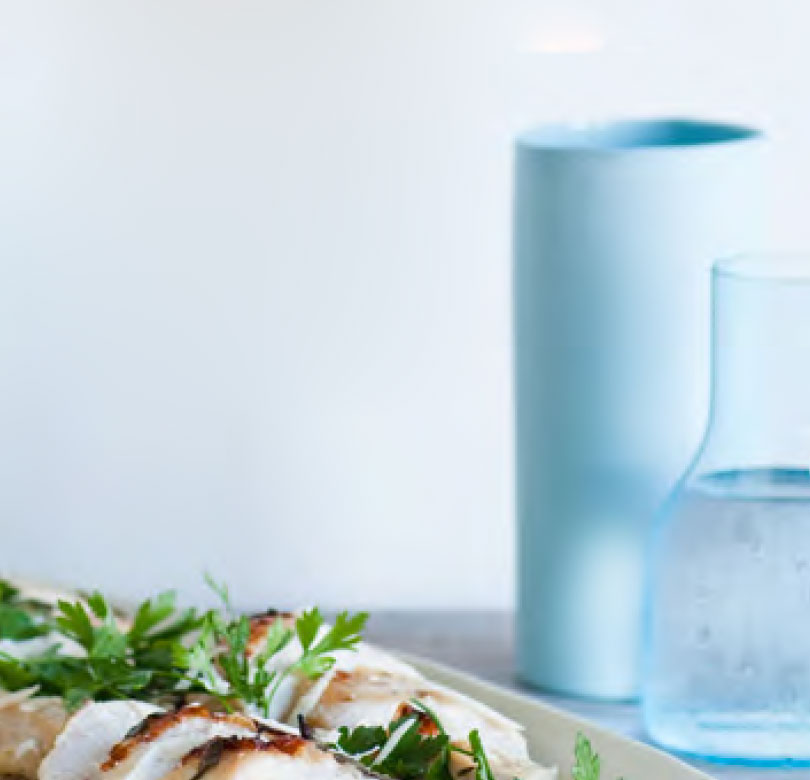
How my interest in cooking started
My first memory of cooking is at my nans house when I was about five or six. This was my introduction to the kitchen. If I was sick from school, I would be at her house helping to make a cake, or smelling the aroma of a cake baking as she made one. Nan is incredible at cakes but it was the process at work that intrigued me, too. I can always remember being fascinated by how, if you put all these different ingredients into a bowl and then into the oven, they magically transformed into something else.
I started to take an interest in cookbooks and began asking my mum, Why havent we tried this? I think Mum must have got fed up with me and in the end said Make it yourself. So I did, and began to cook the family meal on a Sunday, which Mum was really happy about because it was a night off for her. Of course there were a couple of disasters, like when I made creamed rice. I remember how drastically I undercooked the rice and it was completely inedible. But thats how you learn and you can become good at cooking quite quickly.
I really had to learn to cook well when I moved out of home and had to take full responsibility for what was going into my meals and my body, to make sure I was meeting my swimming needs. I had to learn a lot about nutrition in order to avoid taking truckloads of multivitamins. I had to research and find out many little odd facts about food, to work out what I should put into my body.
Next page
